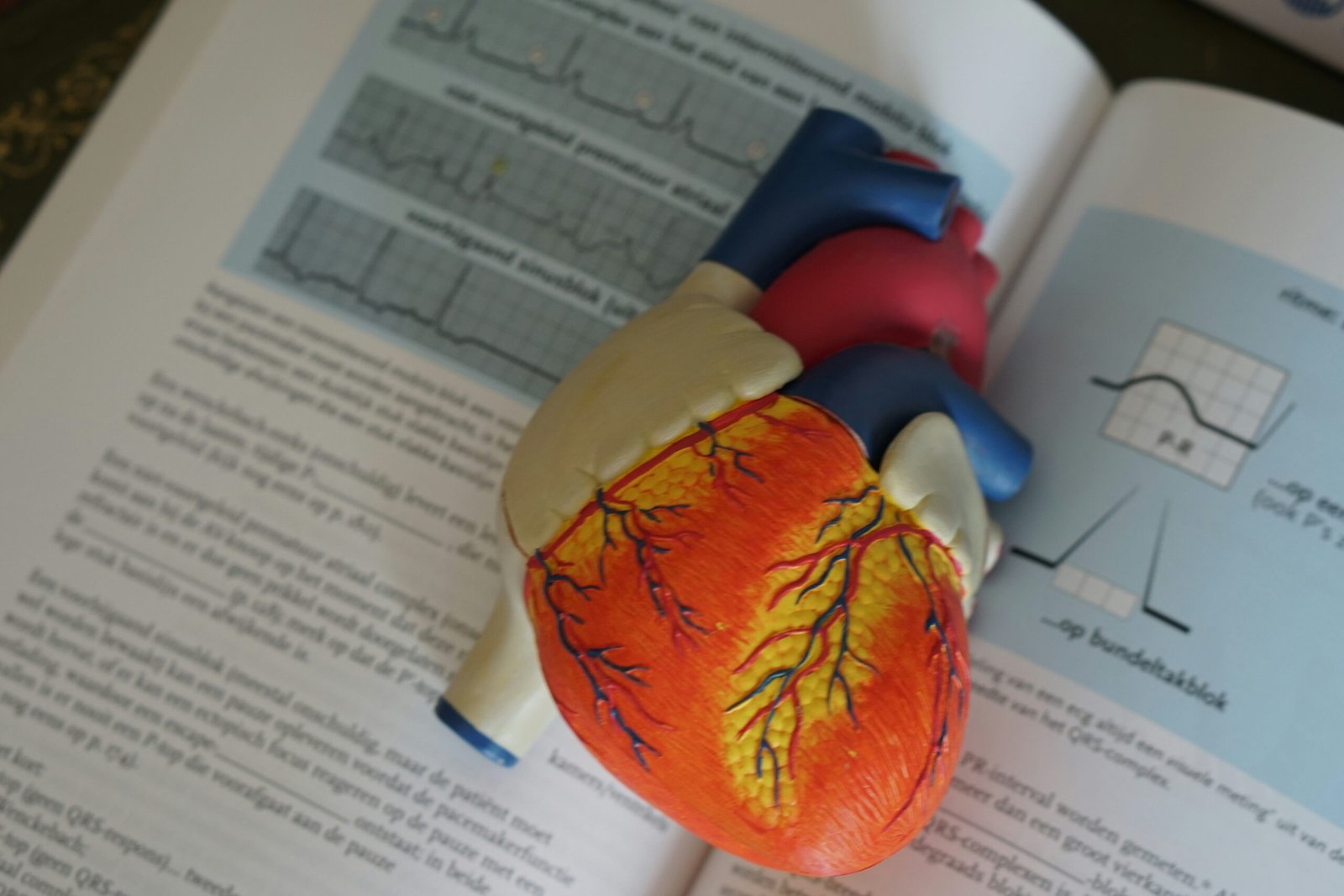Your Heart Health Journey: A Guide from Cardiac Clinic

When it comes to taking care of your heart, it’s important to have a clear understanding of the steps you can take to maintain a healthy cardiovascular system. Whether you have a pre-existing heart condition or are looking to prevent heart disease, this guide will provide you with valuable insights and tips for your heart health journey.
Understanding Heart Health
Before we dive into the specifics, let’s first understand what heart health entails. Your heart is a vital organ that pumps blood throughout your body, supplying oxygen and nutrients to all your organs and tissues. Maintaining a healthy heart involves taking care of your cardiovascular system, which includes your heart, blood vessels, and blood.
Heart disease is a leading cause of death worldwide, but the good news is that many risk factors are within your control. By adopting a heart-healthy lifestyle, you can significantly reduce your risk of developing heart disease and improve your overall well-being.
Key Factors for Heart Health
1. Balanced Diet: A heart-healthy diet consists of fruits, vegetables, whole grains, lean proteins, and healthy fats. Limiting your intake of saturated and trans fats, cholesterol, sodium, and added sugars is crucial. Incorporate foods rich in omega-3 fatty acids, such as fatty fish, flaxseeds, and walnuts, as they have been shown to promote heart health.
2. Regular Exercise: Engaging in physical activity for at least 150 minutes per week can help strengthen your heart and improve circulation. Choose activities you enjoy, such as brisk walking, swimming, cycling, or dancing. Remember to start gradually if you’re new to exercise and consult your healthcare provider before starting any new fitness regimen.
3. Tobacco and Alcohol: Smoking damages your blood vessels and increases the risk of heart disease. If you smoke, quitting is the best thing you can do for your heart. Excessive alcohol consumption can also contribute to heart problems, so it’s important to drink in moderation or avoid alcohol altogether.
4. Stress Management: Chronic stress can take a toll on your heart. Find healthy ways to cope with stress, such as practicing relaxation techniques, engaging in hobbies, spending time with loved ones, or seeking professional help if needed.
Regular Check-ups and Screenings
Visiting a cardiac clinic for regular check-ups and screenings is an essential part of your heart health journey. These appointments allow healthcare professionals to monitor your heart health, identify any potential issues, and provide appropriate interventions if necessary.
During your check-ups, your healthcare provider may perform various tests, including blood pressure measurement, cholesterol screening, and electrocardiogram (ECG) to assess your heart’s electrical activity. They may also recommend additional tests, such as stress tests or echocardiograms, depending on your specific needs and medical history.
It’s important to be open and honest with your healthcare provider about your symptoms, lifestyle habits, and any concerns you may have. This information will help them make accurate diagnoses and provide personalized recommendations for your heart health.
Managing Chronic Conditions
If you have a pre-existing heart condition, it’s crucial to work closely with your healthcare team to manage it effectively. Following your prescribed treatment plan, taking medications as directed, and attending regular follow-up appointments are essential steps in maintaining your heart health.
In addition to medical interventions, lifestyle modifications play a significant role in managing chronic conditions. Your healthcare provider may recommend specific dietary changes, exercise programs, stress management techniques, and other strategies tailored to your needs.
Conclusion
Your heart health journey is a lifelong commitment that requires dedication and proactive steps. By adopting a heart-healthy lifestyle, attending regular check-ups, and managing chronic conditions, you can significantly reduce your risk of heart disease and improve your overall well-being.
Remember, small changes can make a big difference. Start by incorporating healthier habits into your daily routine and seek support from healthcare professionals who specialize in cardiac care. Your heart will thank you for it!






